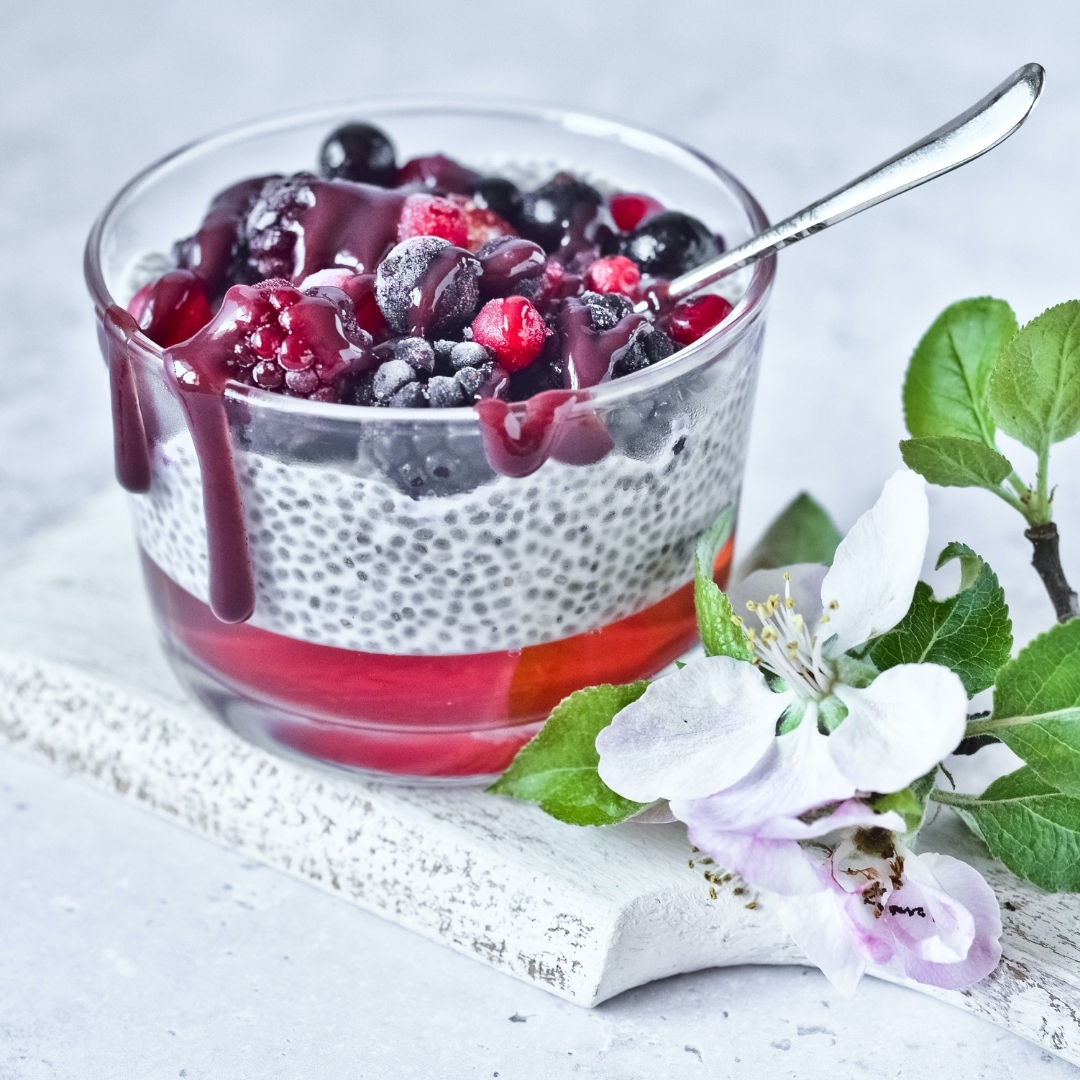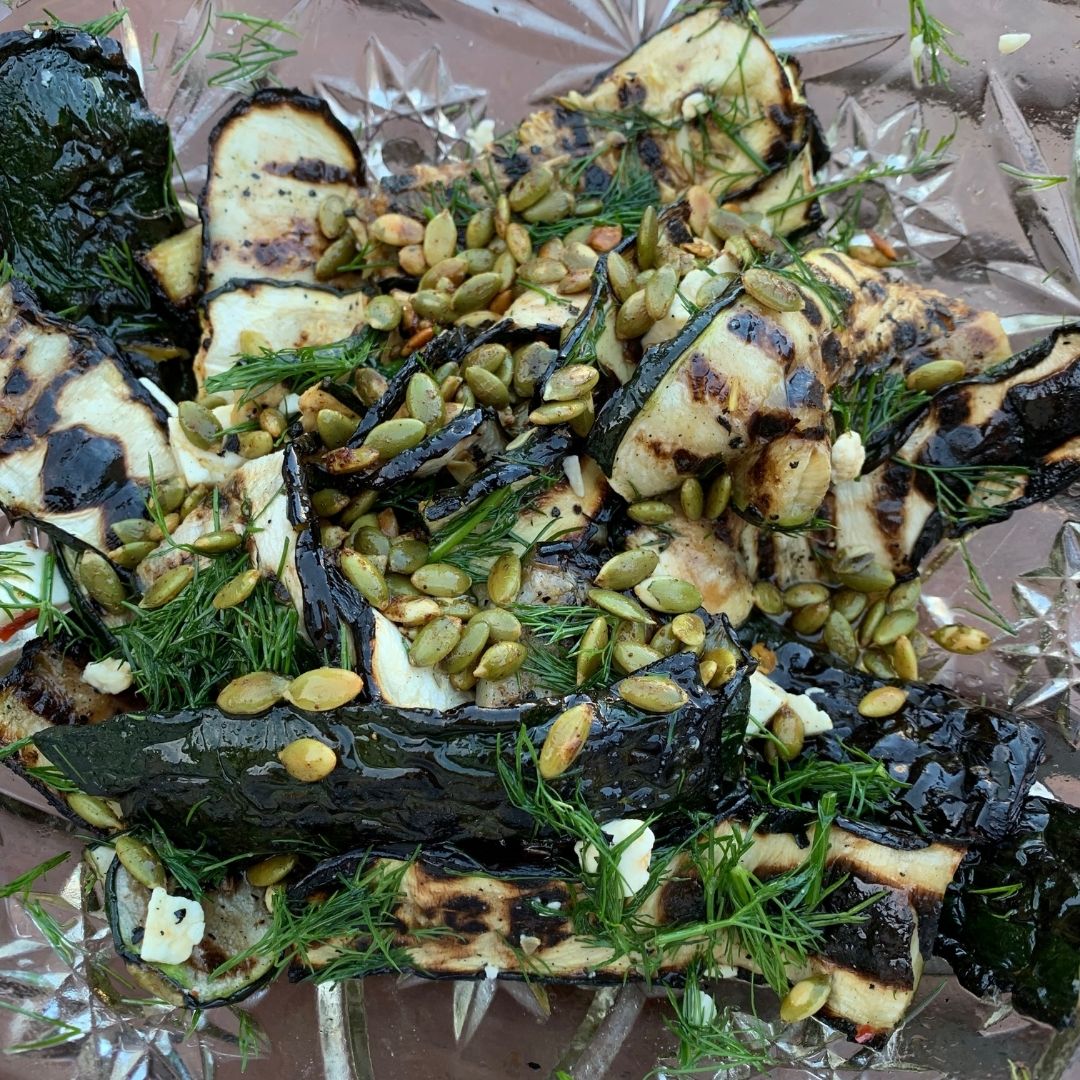
HEAD TO THE FUNDRAISER TO HELP NSW SOLO PARENT FAMILIES WHO HAVE LOST THEIR HOMES IN FLOODS
We are so incredibly sad to hear of the devastation occurring throughout the NSW community due to the floods.
Within this community of impacted people is a minority group of solo parents with children, many of whom have lost everything in the flooding and are now homeless.
Imagine having everything that you have worked to create for your family being swept away in an instant.
The news of this is reaching communities nationally and globally, with so many people wanting to contribute and help those in need, ourselves included. We have a personal connection with the flooding in NSW, with our family and friends scattered through affected regions, many of whom have been evacuated and/or rescued with their children from their now submerged and destroyed homes.
We know that many of you, like us, will be wanting to help. That’s why we have launched this campaign.
We want to offer help not only to our family and friends, but to as many solo parent families out there who have lost their homes as we can. These families are in desperate need of our community support to rebuild their lives.
HEAD TO THE FUNDRAISER TO HELP NSW SOLO PARENT FAMILIES WHO HAVE LOST THEIR HOMES IN FLOODS
All of the money raised in this campaign will be split and distributed evenly between the single parents who register with us and meet the eligibility criteria, detailed on the financial support registration page.
Solo parents can register up until the completion of this campaign (10 April 2022), and all funds will be split evenly and sent via bank deposit to the recipients at completion of this fundraiser. No money will be withheld for administration, nor by this fundraising platform. All proceeds go to those in need.
If you know of any solo parent families who have lost their principal place of residence in the NSW floods, please forward the registration to them so they can elect to receive the financial support that this campaign raises too –> www.bit.ly/FG-flood-support
“One of the most important things you can do on this earth is to let people know they are not alone.”
― Shannon L. Alder
Thank you so much for your contribution to this cause.
Read the Stories of Survival as they’re being shared with us. The stories are coming to us from solo parent families registering for support from this campaign are both heartbreaking and inspirational. They are powerful demonstrations of the resilience and willingness of the human spirit when met with such catastrophic and urgent life and death moments. So far it is solo mummas and their children who have registered for support with us, and the courage these women show is incredible.
In kindness and care,
Carly Woods & Charmaine Dennis
Directors
Fertile Ground Health Group
Read some of the stories shared:
Most of the time I love being a solo parent, but emergencies don’t make the list. I have to make every decision and wear the responsibilities of those snap judgements. I’m angry at needing to do this alone, time after time after time. We didn’t have adequate support. I couldn’t be or do it all. I couldn’t evacuate safely. For six hours my three year old was forced to sit in our kayak tied to the clotheslines while the rain lashed around her face and soaked her until her little lips were blue. We were tethered to the clothesline with an extension lead I ripped out of the house in a panic. As flood waters continued to rise around us and I sobbed goodbyes to loved ones down the phone and imagined watching my toddler drown in my arms. It hurts to be in this position AGAIN. I have worked so so hard over the last year to recoup most of what we lost in our 2021 house fire and now it’s vanished right from under my nose all over again. I have no where to run my business and earn our keep. No where to live for who knows how long – in the face of an extreme rental crisis. Every single thing I bought or made post fire is again – gone. Another traumatic experience to add to the bank. PTSD reigns supreme. There are only so many times you can restart on your own.
– Los De Groot
Im overwhelmed by what a long haul this is going to be. It’s taken me years after my husband left us with nothing to rebuild our lives & now my daughter keeps crying listing all the things she became attached to. It’s hard for children to comprehend the notion of our lives being at risk vs material or sentimental things. Myself and another solo mum fled at 4am with our kids and nothing but the clothes on my back. Our double story house is under and have lost everything. We also don’t know where we are going to live. The housing situation in the northern rivers is so dire – worst for solo parents. I felt vulnerable before: now I’m not sure there is any hope of us being re housed or recouping what we lost..it all feels too hard right now : /
– Leah Bee








